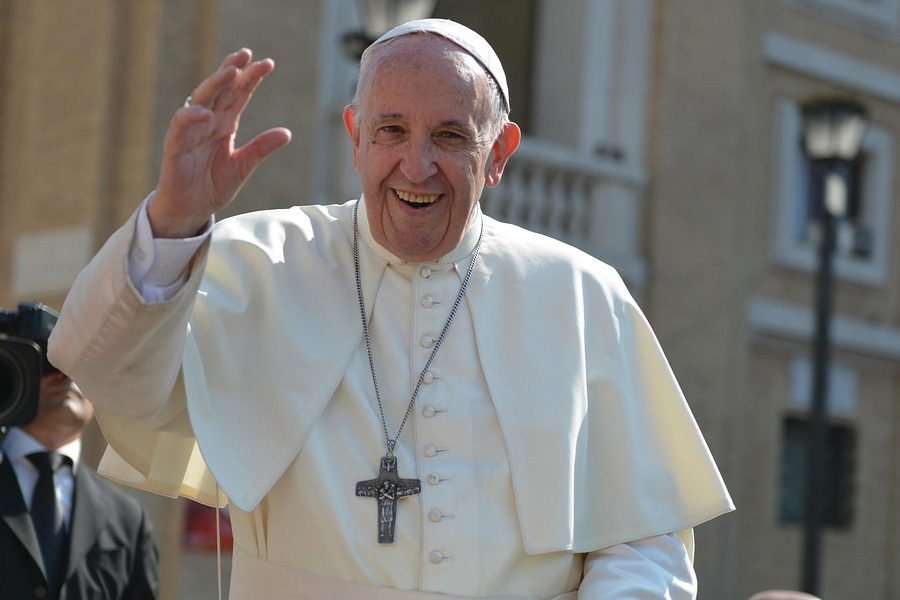The great basketball coach, John Wooden, suggested that the true test of someone’s character is what he or she does when no one is watching. He had a point. When we are around other people we are tempted to behave in a way we think will make them accept or admire us. The difference between our public persona and the way we act in private can be analogous to the difference between our real life and the life portrayed on our Facebook page. So, the character we manifest when we are alone can come closer to reflecting who we really are. That’s why I’ve always been particularly impressed by the dining habits of a friend of mine. He is a diocesan priest who lives alone. Yet every evening, without fail, he prepares a real meal for himself and sits down to eat it at his dining room table. Imagine never caving in to the temptation to eat leftovers out of Tupperware in front of the television. That’s character! If you are a homeowner, what would your lawn look like if you were the only one who could see it? The answer to that question might say a lot about you.
Of course it might also be argued that how we behave when people are watching is the real test of our character. Imagine a rough and tumble boy who is unfailingly kind and gentle with his little sister when they are alone. How will he treat her when his buddies are around? I think we would agree that if he braves their ridicule by being equally kind to her in their presence, he has progressed a long way toward manhood. Perhaps Catherine LaCugna had it right. She used to argue that the ideal is to act the same way in public as you do in private.
These reflections are inspired by our first reading from the Book of Wisdom. At issue there is not how we behave, but how God does. The argument flows from the fact that ours is the one and only God. There are no other divinities looking over God’s shoulder. Therefore, God is perfectly free to act toward us in a way that expresses God’s own character. So, when God treats us with kindness and compassion today, we may be assured that God will treat us the same way tomorrow. God isn’t trying to impress anyone by being merciful toward us. It’s just the way God is. That should give us confidence and hope.
Our Gospel about the householder who allows the weeds to grow amidst his wheat has application here. In a sense, we are God’s lawn – a lawn with its share of dandelions. We needn’t worry that God will break out the Weed-b-Gon for the sake of the neighbors. There is no divinity next-door – no heavenly homeowners’ association. The state of God’s lawn is an expression of God’s own patience, compassion and mercy. It reflects who God is. So there is hope even for those of us who sometimes resemble crabgrass more than bluegrass.
But there is at least one way in which the analogy limps. No one expects a lawn to yield a harvest. God does expect a harvest of us. Toward that end, we need to strive to reflect God’s patience, compassion and mercy in our own lives, whether or not anyone is watching.
Rev. Charles B. Gordon, C.S.C., is co-director of the Garaventa Center for Catholic Intellectual Life and American Culture at the University of Portland. He writes and records a regular blog called “Fractio Verbi.”





